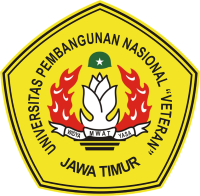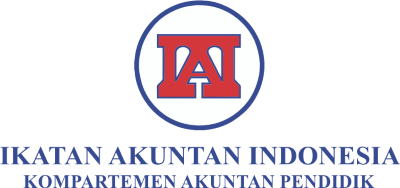Dampak Program Insentif, Umpan Balik dan Reputasi Pemimpin Terhadap Kinerja Tugas
DOI:
https://doi.org/10.33005/baj.v5i2.156Keywords:
Feedback, Incentive Schemes, Leader Reputation, Task PerformanceAbstract
This experimental study aims to examine the impact of incentive programs, feedback, and leader reputation on task performance using methods from goal setting and style theory and behavioral theory. The experimental design used was a 2x2 factorial between subjects. Participants are Accounting students of the Faculty of Economics and Commerce, Bengkulu University in 2016 and 2017 who are taking the Management Control System course. Participants' decisions were made through a simple random sampling procedure. In this study, 3 hypotheses were tested using the independent sample analysis T-Test method and the other 3 hypotheses were tested using Two Ways ANOVA (Analysis of Variance). The results of this study indicate that: incentive programs,
responsiveness and reputation of community leaders have a significant effect on performance. Similarly, the interaction between the two variables, participants with tax incentives loading and intentional feedback, gave better performance results than participants with fixed tax constructs and subjective feedback, participants with tax incentives passed and Top leadership reputation gave results on performance. than participants with fixed value stimuli and low leader reputation, and participants with unconditional feedback and high leader reputation performed better on task performance than participants with high feedback. the title and name of the leader is below. These results support the goal setting hypothesis. (Goal Setting Theory), so you can see how set goals
affect task completion. This study can also be a useful scientific study to support curriculum and development activities in the field of accounting, particularly management control systems (MSS), and as a useful tool for single-face research.
Downloads
Published
How to Cite
Issue
Section
License

This work is licensed under a Creative Commons Attribution 4.0 International License.

This work is licensed under a Creative Commons Attribution 4.0 International License.














